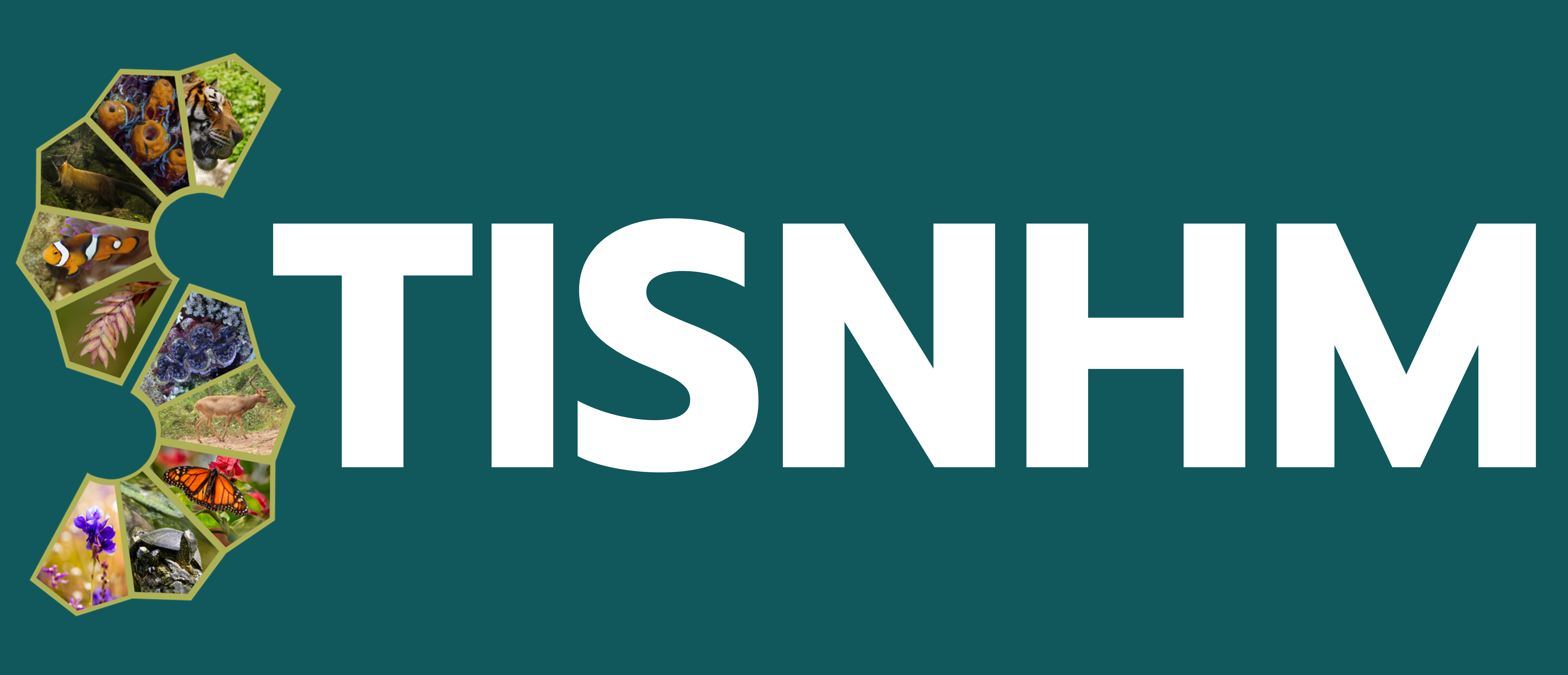- 125 views
Abstract
The Zooplankton community in the Mae Klong Estuary, Samut Songkhram, was investigated using a 330-micrometer plankton net from 14 stations on 27 April 2023. A total of three phyla of zooplankton were identified: Phylum Annelida, Phylum Arthropoda, and Phylum Chordata. The density of zooplankton was highest at station 12.2 (2,254 individuals/10m3) and lowest at station 10 (2 individuals/10m3). The dominant groups were calanoid copepod and crab zoea; fish larvae were found in almost every station. The major environmental parameters affecting zooplankton communities in the Mae Klong Estuary include salinity, total dissolved solids (TDS), and pH.
Attachment
References
Punnarak, P., P. Sojisuporn, J. Hattaya and A. Piumsomboon. 2020. Effect of Flood Disaster and Long Term Changes during 2011 to 2018 on Community Structure of Zooplankton in the Inner Gulf of Thailand. International Journal of Environmental Science and Development 11(8): 383–389.
Richardson, A.J. 2008. In hot water: zooplankton and climate change. ICES Journal of Marine Science 65: 279–295.
Maiphae, S., P. Maha, and C. Sirindhorn. 2011. Marine copepods at Mo Ko Thale Tai, Gulf of Thailand. Songklanakarin Journal of Science and Technology 33(6): 641–651.
Magouz, F. I., M. Essa, M., Matter, A.T. Mansour, A. Gaber and M. Ashour. 2021. Effect of different salinity levels on population dynamics and growth of the cyclopoid copepod Oithona nana. Diversity 13 (5): 190.
Suwanrumpha, W. 1987. A key for identifying Copepods collected in the Gulf of Thailand waters. Technical Paper No. 29/4 Marine Fisheries Laboratory r·Iarine Fisheries Division Department of Fisheries.
Sikhantakasamit, B. 2002. Variations in copepod, cladoceran and rotifer populations in mangrove swampat Baan Klong Kone, Samut SongKhram Province. Master Thesis. Chulalongkorn University. Bangkok (Thailand).
